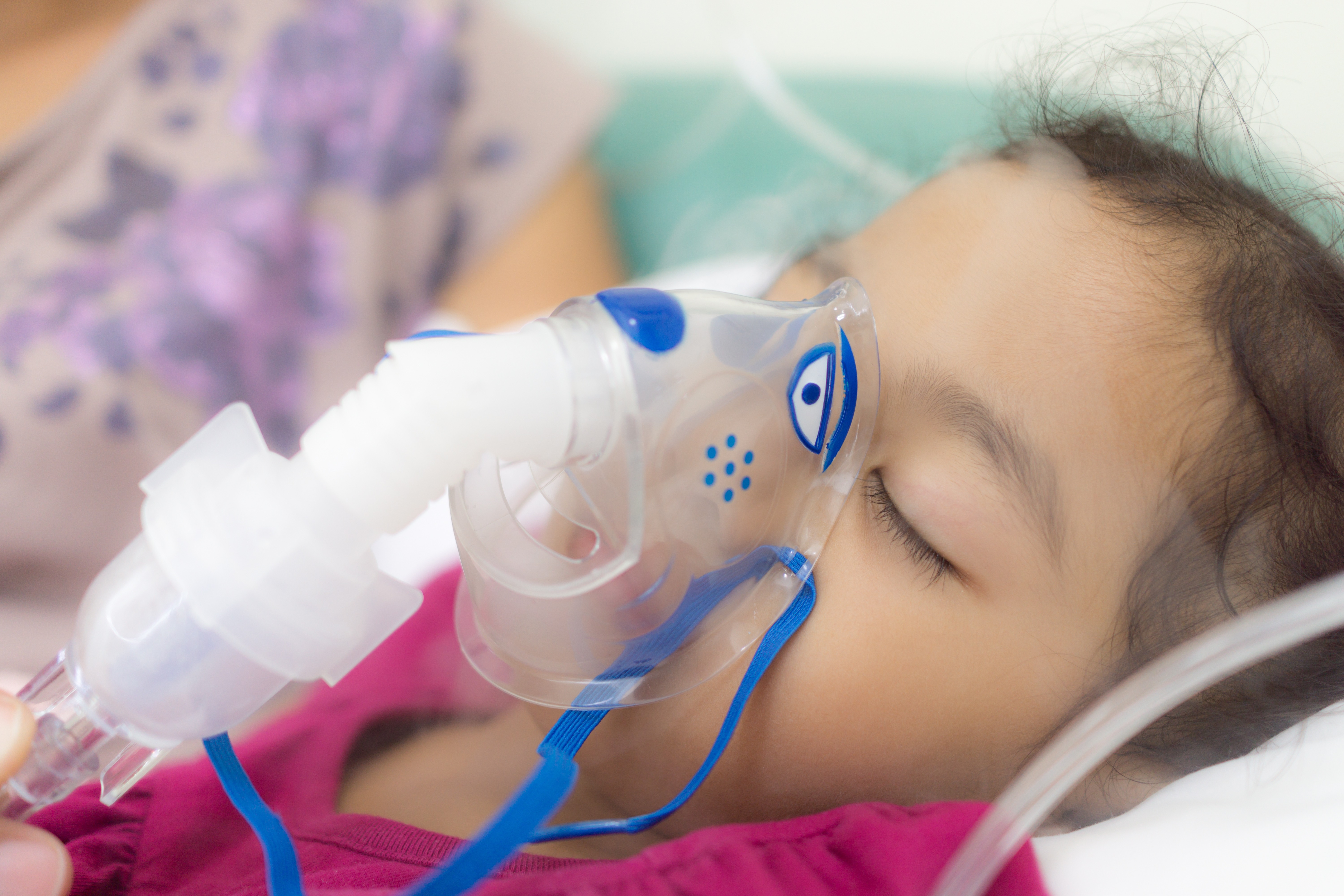CF Children with Rhinovirus Infections Less Likely to Recover Lung Function after Flares

Rhinovirus infections in children with cystic fibrosis (CF) are linked to a lack of improvement in lung function after treatment for pulmonary exacerbations caused by the infection, a recent study reported.
The study,“Rhinovirus-associated pulmonary exacerbations show a lack of FEV1 improvement in children with cystic fibrosis,“ analyzed 18 children who were admitted to a hospital because of a pulmonary exacerbation. The research team, from the Centre Hospitalier Regional Universitaire de Montpellier, France, evaluated the children on three occasions. First, as they entered the study, second at time of hospital admission, and then again two to six weeks after the initiation of treatment for the lung exacerbation. The third time point was chosen since earlier studies show that antibiotic response to exacerbation is almost complete after two weeks.
Lung function was measured by forced expiratory volume in 1 second (FEV1), and analyzed the presence of bacteria and 16 different viruses. Eight patients responded to exacerbation treatment, while 10 were classified as nonresponders.
At the first visit, 22 participants had a viral infection, compared to 72 percent at the time of exacerbation and 28 percent at the third visit. A rhinovirus — likely the most common source of human respiratory tract infections — accounted for 64 percent of the identified viruses.
According to the report, published in the journal Influenza and Other Respiratory Viruses, the children unresponsive to treatment were most likely to have a viral infection. The team also noted that viral infection during one or both of the last two visits was associated with a failure to improve FEV1 more than 5 percent. This association was particularly strong for infections with rhinovirus.
The research team also investigated possible associations to a large number of other parameters, such as patients’ clinical features, persistent bacterial infections, and type of treatment, but identified no further variables that might explain the failure to improve lung capacity.
Study results mirror findings from one previous investigation also associating viral infection with a poor recovery of lung function. The authors emphasized that their study had limitations because of the small number of patients included, and because the microbiological analysis did not take infections with atypical mycobacteria, anaerobic bacteria, or fungi into account. The authors concluded that the findings need to be confirmed in larger and more detailed studies.







